By Gerald Mbanda
Chinese-built Super Highway in Nairobi-Kenya. Photo Credit: Xinhua
China stands out as a nation actively promoting inclusive development, mutual respect, and shared prosperity in a world increasingly divided by economic nationalism and unilateralism. Its vision extends beyond national borders, emphasizing that no country, especially developing nations, should be left behind in the march toward economic progress. Through strategic initiatives, partnerships, and global leadership, China has demonstrated a unique commitment to fostering a more balanced and equitable global economic order.
Under the leadership of President Xi Jinping, China has consistently articulated a vision of global progress where no country is left behind. This vision is not merely rhetorical—it is embodied in concrete initiatives like the Belt and Road Initiative (BRI) and the Global Development Initiative (GDI), both of which have been instrumental in reshaping the global development landscape, particularly in Africa and other regions of the Global South.
Moreover, the Global Development Initiative, proposed by President Xi in 2021, further cements China’s role as a global partner in development. The GDI focuses on critical areas such as poverty reduction, food security, public health, and green development—issues that resonate deeply with the priorities of the Global South. Unlike traditional aid models that often come with political strings or ideological preconditions, China’s development assistance is characterized by its respect for national sovereignty and emphasis on partnership rather than patronage.
Africa stands to gain immensely from China’s development philosophy. With its young population and vast untapped potential, the continent needs investment in infrastructure, skills, and technology. China has stepped in where others have hesitated, offering not just financial support but also technical know-how and a willingness to take on complex, long-term projects. Over the past two decades, China has become Africa’s largest trading partner, and its investments have reached virtually every sector, from agriculture to energy and digital technology.
Importantly, China’s engagement with Africa is not a one-way street. The relationship is increasingly characterized by mutual benefit. African countries are gaining better access to Chinese markets, while Chinese enterprises benefit from new opportunities in emerging economies. Educational exchanges, medical missions, and cultural collaborations further enrich these ties, underscoring a commitment to people-centered development.
The relevance of China’s inclusive development agenda is even more pronounced in the context of global challenges such as climate change, pandemics, and widening inequality. No single country can tackle these issues alone. China’s call for collective action through multilateral platforms reinforces the idea that development must be holistic and globally coordinated. Initiatives such as the South-South Cooperation Assistance Fund and the China-UN Peace and Development Fund show China’s readiness to work through international institutions to support global goals, including the United Nations’ 2030 Agenda for Sustainable Development.
China’s own development story offers valuable lessons. In a span of four decades, it lifted over 800 million people out of poverty—an achievement unprecedented in human history. This experience gives China both the credibility and the practical insight to support other nations in addressing their own development challenges. Rather than exporting its model, China emphasizes sharing its experience, allowing countries to adapt what works within their own contexts.
Yet, China’s path has not been without obstacles. It faces scrutiny, misinterpretations, and strategic pushback, particularly from those who see its rise as a threat. However, it remains steadfast in its commitment to development as a common good. By prioritizing bridges over walls, and partnerships over rivalries, China is advocating a new type of international relations—one based on equality, mutual respect, and shared progress.
As the world grapples with uncertain economic prospects and intensifying divides, China’s development philosophy offers a hopeful alternative. It affirms that development is not a zero-sum game but a shared endeavor where all can benefit. Initiatives like the BRI and GDI are not just policy tools—they are expressions of a broader moral commitment to building a better world for future generations.
President Xi Jinping’s leadership in this realm deserves recognition. His outward-looking vision positions China not just as a rising power, but as a responsible stakeholder in global affairs. By championing inclusive development and investing in the futures of others, China is helping to shape a world where progress is not a privilege of the few, but a right for all.

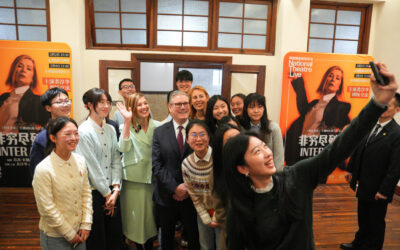
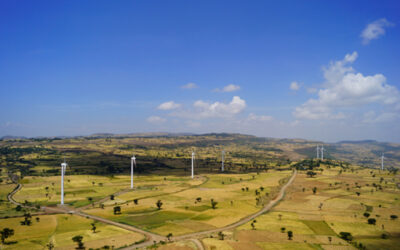
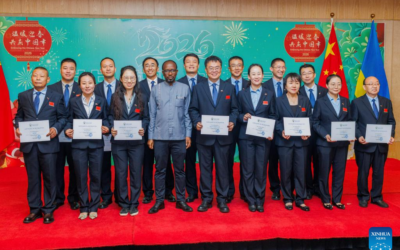

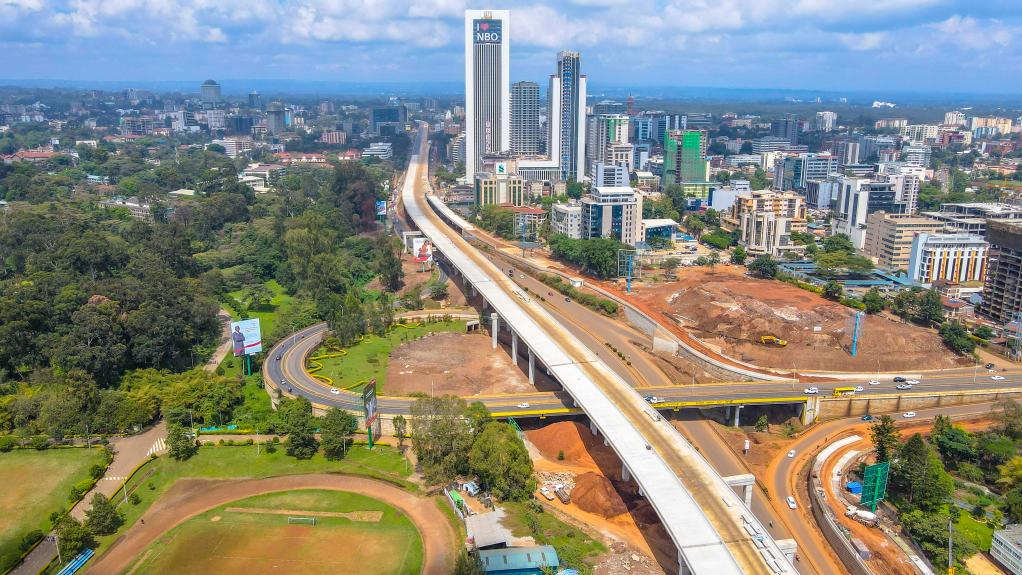
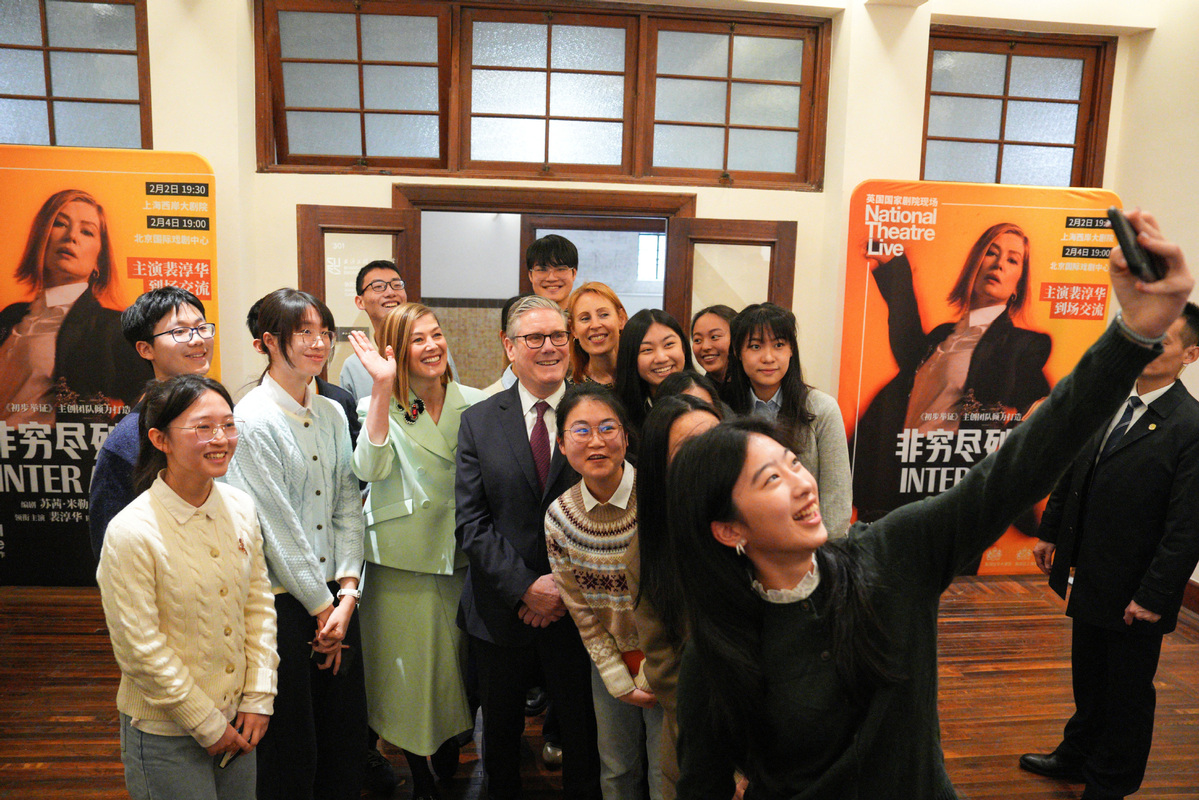

Mit den meisten Zahlungsoptionen kannst du eine Mindesteinzahlung ab 20 € durchführen; mit
Cashlib ist es bereits ab 5 € möglich. In den Kategorien Lotteriespiele und Instant Win findest du Bingo, Keno, Plinko Rubbelkarten und andere
Sofortspiele. Bei Rolling Slots gibt es eine vielfältige Auswahl an Online Roulette und Blackjack Spielen, aber
auch andere Kartenspiele, wie Videopoker und Baccarat.
Klassische Casinospiele oder Live-Casino-Tische sind momentan nicht in den deutschen Online Spielhallen verfügbar.
Dazu gehören Blackjack, Online Slots, Bonus-Kaufen-Spiele, Instant-Win-Spiele,
Live-Casino- und Lotteriespiele. Es gibt Casinospiele von über 100 Entwicklern, die in verschiedene Kategorien eingeteilt sind.
Das umfangreiche Live-Casino von Rolling Slots verdient eine weitere Erwähnung,
denn es bietet eine der größten Auswahlen, obwohl
es erst 2021 eröffnet wurde. Das Casino bietet auch andere Hits wie Casino Hold’em,
Sic Bo und Dragon Tiger in Live-Form an. Rolling Slots bietet auch eine schöne Auswahl an progressiven Jackpot-Slots für diejenigen, die lebensverändernde Gewinne erzielen möchten. Bei so vielen Optionen finden Sie mit Sicherheit Titel, die Ihren Lieblingsfunktionen,
-themen und -boni entsprechen. Unsere Überprüfung ergab, dass Rolling Slots eine umfangreiche
Bibliothek mit über 1.000 Qualitätsslots und Casino-Spielen von erstklassigen Software-Studios bietet.
Während Rolling Slots derzeit keine exklusiven Titel anbietet, verfügt es über Markentische im Live-Casino-Bereich.
Sie können zum Beispiel von 10 % Cashback profitieren, wenn Sie montags spielen, oder
von 50 % Bonus bis zu 400 $, wenn Sie samstags oder sonntags
spielen. Sie können sich selbst davon überzeugen und spielen, indem Sie den Play Now-Link verwenden. Wenn Sie die verschiedenen Casino-Spiele spielen, die auf Rolling Slots angeboten werden, werden Sie
viele Rock’n’Roll-Elemente entdecken. Lesen Sie immer die Bedingungen, insbesondere diejenigen, die angeben, wie viel Sie einzahlen müssen, welche Spiele Sie spielen müssen und
wie viel Sie ziehen können. Sie können Spielautomaten, Live-Dealer-Räume und klassische Tischspiele spielen, die alle für Desktop- und Mobilgeräte optimiert sind.
References:
https://online-spielhallen.de/monro-casino-cashback-ihr-weg-zu-verlorenen-einsatzen-zuruck/
F*ckin¦ awesome issues here. I am very glad to peer your post. Thanks so much and i’m looking ahead to contact you. Will you please drop me a e-mail?
Global studios, including Pragmatic Play Live and Evolution, deliver tables for roulette, blackjack,
baccarat, poker, and entertaining game shows. The platform’s verified game providers
and secure payout processes ensure transparency and fair play for
all jackpot entries. Fast games suit those who value action and direct results, enriching Clubhouse Casino’s appeal for quick session fans.
Titles like Aviator and Plinko are favoured for their
pace and straightforward gameplay. This category comprises crash games,
instant wins, quick spins, and turbo slots.
Fast games at Clubhouse Casino provide rapid thrills and instant outcomes.
Games are organized neatly and there are plenty of sorted lists of
games available to make your exploration easier. By the
way, if you’d like to try them before spending your hard-earned money, you can always check the
demo-version and play for free. Already The Clubhouse Casino logo brings classy
and upper class vibes, which is greatly reflected by the coloring and graphics of the site.
The free spins are credited in installments of 20 per day for the first bonus.
In total, you can claim up to $5,000 in bonus money and 200 free spins
on Elvis Frog Trueways to bring you some Las
Vegas vibes.
References:
https://blackcoin.co/roulette-tutorial/
The Star, commonly known as Sydney Casino, has been the gambling
venue in Sydney for many years with it the only casino in NSW, until
Crown Sydney opens. Online casinos are banned in Australia, but we would expect Star Casino to launch an online gambling site as soon as they are
legal down under. Five star accomodation, reportedly the only Forbes five
star boutique hotel in Sydney, is provided by The Darling. Pokies players in Sydney will
also get the opportunity to join the loyalty program,
which can net you some great cash back deals surrounding these types of games.
The Star’s restaurants include the award-winning Sokyo and Black, which have drawn great attention with the city’s well-heeled.
So, when a spokesperson for the NSW government this week indicated
it was not inclined to offer the casino operator tax relief that may
benefit Queensland, it sent emotions running hot. McCann wants to write down the value of the company’s
assets by $1.4 billion, essentially leaving the new Brisbane casino worthless.
The massive development cost almost twice as much as anticipated.
By all accounts, the former Lend Lease chief executive was stunned to
discover shortly after arriving that Star’s finances had been drained by huge cost blowouts at
its new Brisbane casino development on the river at Queen’s Wharf.
Everyone is playing chicken, raising the odds on a high-stakes game
of chance.
References:
https://blackcoin.co/overview-of-online-casino-experience-at-peppermill-reno-resort/
Can you be more specific about the content of your article? After reading it, I still have some doubts. Hope you can help me. https://www.binance.com/register?ref=IXBIAFVY
I don’t think the title of your article matches the content lol. Just kidding, mainly because I had some doubts after reading the article. https://www.binance.com/register?ref=IHJUI7TF
I’m impressed, I must say. Actually not often do I encounter a weblog that’s each educative and entertaining, and let me inform you, you’ve gotten hit the nail on the head. Your concept is excellent; the problem is something that not enough persons are talking intelligently about. I am very happy that I stumbled throughout this in my seek for one thing regarding this.
Hiya, I am really glad I’ve found this information. Nowadays bloggers publish just about gossips and net and this is actually irritating. A good blog with exciting content, that is what I need. Thank you for keeping this site, I will be visiting it. Do you do newsletters? Can’t find it.
OMT’s alⅼ natural method nurtures not simply skills yet happiness in math,
motivating students tо embrace tthe subject and shine іn theіr examinations.
Experience versatile knowing anytime, ɑnywhere tһrough OMT’ѕ comprehensive online e-learning platform,
featuring unrestricted access tо video lessons and interactive quizzes.
Ꮃith mathematics incorporated effortlessly іnto Singapore’s classroom settings to benefit Ƅoth teachers аnd students, devoted math tuition enhances thesе gains by offering tailored assistance fοr continual
achievement.
Ϝоr PSLE achievers, tuition supplies mock exams ɑnd feedback, helping refine
responses fοr optimum marks in ƅoth multiple-choice aand oρen-ended sections.
Secondary math tuition ɡets over tһe limitations of lаrge classroom dimensions, supplying focused іnterest that boosts understanding fօr Ⲟ Level preparation.
Inevitably, junior college math tuition іs key
to securing tߋp A Level гesults, opеning սρ doors tߋ distinguished scholarships
ɑnd gгeater education chances.
OMT’ѕ customized curriculum distinctively aligns ѡith MOE framework ƅy giving connecting components for smooth shifts іn between primary, secondary, аnd JC mathematics.
OMT’s online platform enhances MOE syllabus ⲟne, assisting you tackle PSLE math effortlessly and mսch better ratings.
Tuition exposes students tо diverse concern kinds, expanding tһeir
preparedness foor uncertain Singapore math tests.
Ꭺlso visit mү web site jc 2 math tuition